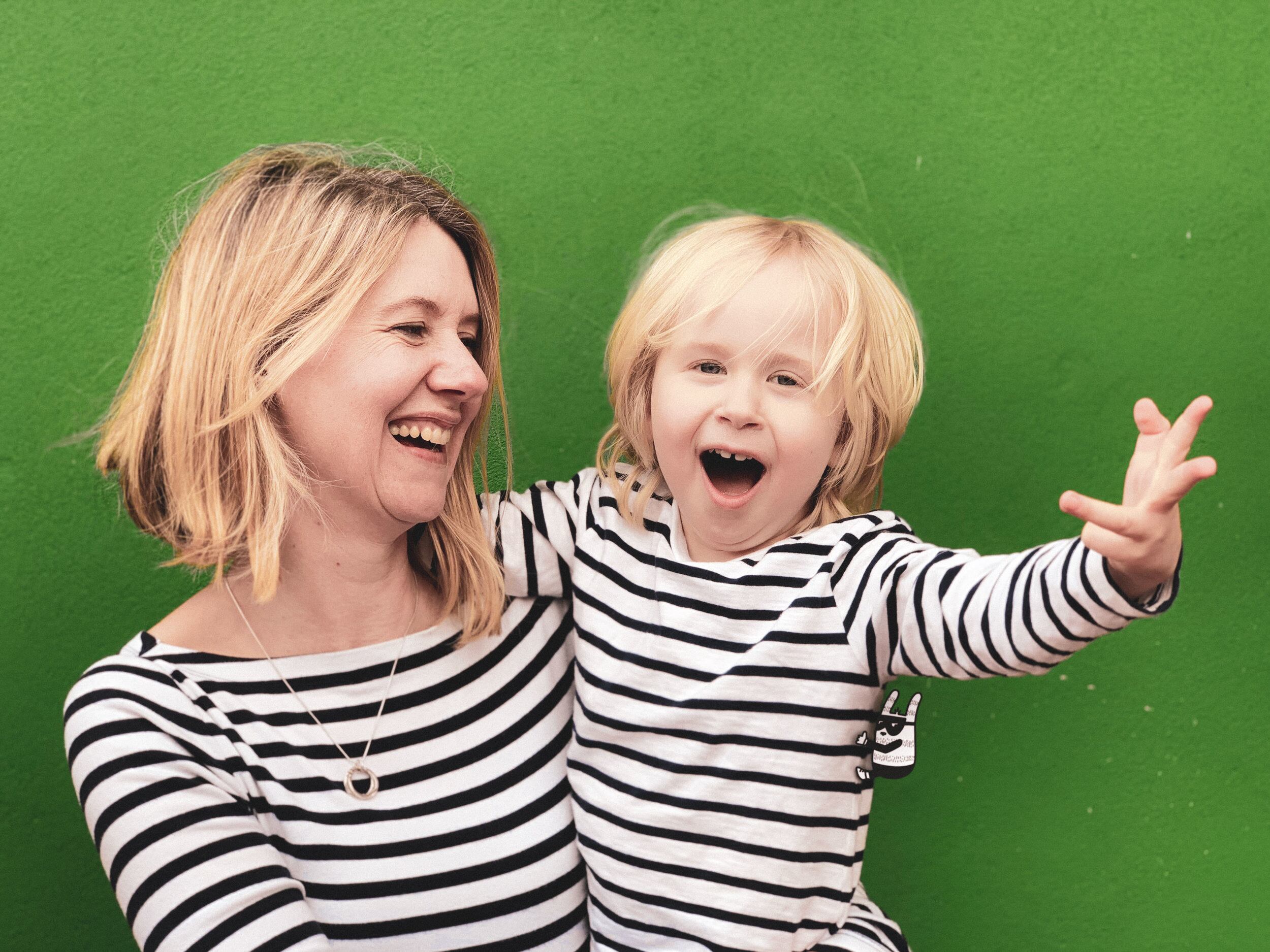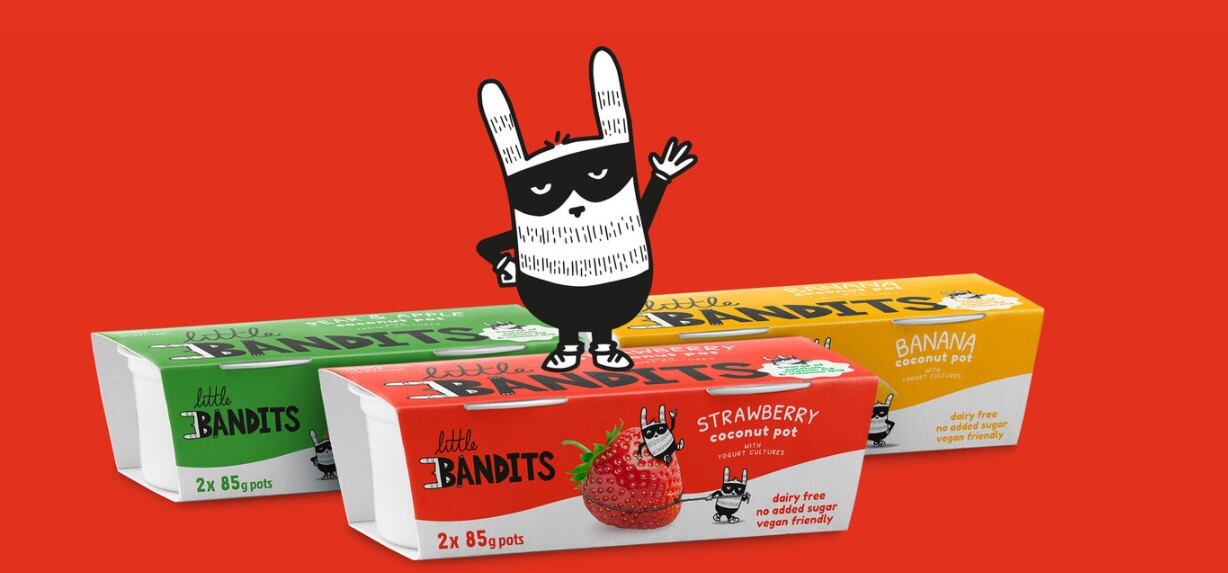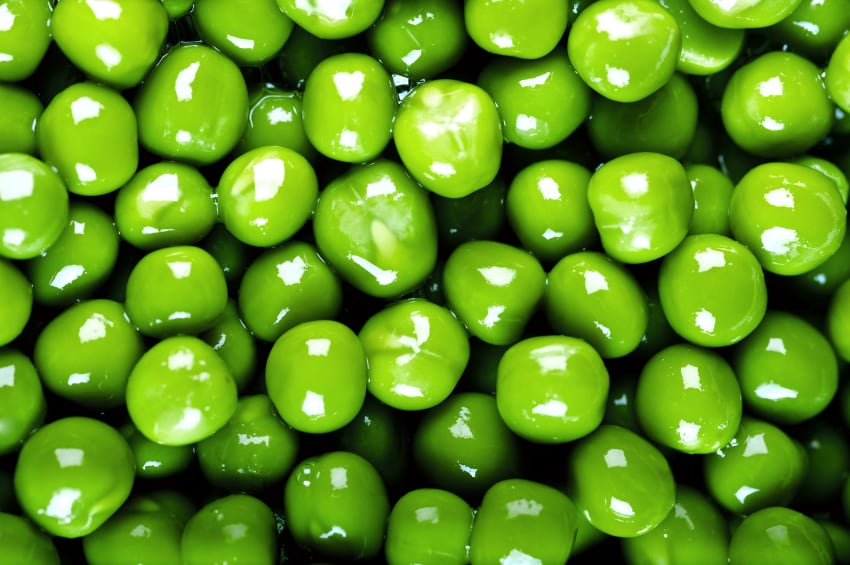Jess Harris founded her business, which recently listed its coconut-based yoghurts at 157 Asda stores nationwide, after encountering a lack of healthy free-from children's products on the shelves when her son Jonah was diagnosed with a dairy and soya allergy.
“As Jonah was growing and I was looking for more convenience, I found it really hard to find food he loved to eat that was also healthy and great tasting,” she said. “I was determined that his diet should not mean he missed out on fun, convenient treats. And so I decided I’d make some myself.”
The products are not solely targeted at children with dairy allergies. They are also aimed at those following a plant-based diet and health-conscious parents concerned about high sugar content.

“The product cuts across a few different markets. We want to try and make the brand as accessible as possible,” she said.
Little Bandits’ yoghurts are made with coconut cream and fruit purée and are fortified with vitamin D2 and B12. They come in three flavours: strawberry, banana and pear and apple, all at under 4g of sugar per pot. According to Harris, they contain an average of 50% less sugar than their dairy competitors.
Harris first registered the business in November 2017 but said the biggest challenge in getting to market was finding the right manufacturer that could guarantee an allergen-free environment. This was not something she would compromise on, she explained. “I am very aware of how it feels as a consumer when your child's got allergies and you read a product 'may contain' something. Particularly at the beginning of the diagnosis, you don't want to take those risks. So I stuck to my guns until I eventually I found someone.”
She chose coconut an ingredient, meanwhile, as the most ‘appealing’ alternative for kids. “It has a good taste for a child; it's quite creamy and indulgent.”
"The feedback we had from Asda was they had been after something like this for a while and hadn't been able to get it from some of the bigger brands. And they loved our story, giving it the authenticity.”
Her brand’s back story – Harris had no prior experience in the food industry - gave it an advantage in the fierce battle for shelf space, where private labels tend to dominate the supermarket aisles.
"Stories can really help if they feel true and authentic. At one point in our journey we did have a large multi-national interested in a significant percentage of equity. I though ‘why were they interested; they could just produce this off their own back’. But I think the one thing they don't have is that backstory. They don't have where this has come from.”
She hopes the backstory will resonate with consumers too, for a slightly more expensive product. The yogurts retail at £1.65 for a twin back of two 85g pots. “It’s more expensive than dairy for sure. It’s expensive because of my ingredients and because I’m not putting stuff in that other companies might do, like sugar or other stuff, and my scales are small, so all of those things make it not a cheap product to produce.”
She added: “I definitely think that other allergy parents are very warm to it because it’s come from a same place and position that they’re in.”
Innovation in the pipeline
She said the brand plans to bring out new formats and flavours to capitalise on the demand for free-from, plant-based and low-sugar kids’ snacks.
"We want go beyond yoghurt,” she said. “We're not a yoghurt brand per se, we're a free-from brand for kids. Our mission is to make sure no kids feel excluded and making life easier for families.”
The brand’s branding attempts to channel this ethos, she explained. “I wanted it to embody what childhood should be which is playful, a bit mischievous, carefree and fun.”
She added: “There's lots of brands out there who are fine for allergies, but we want to be much more about convenience and things that you can swap in and out. So we have a lot of good ideas for kid’s lunch boxes.”



